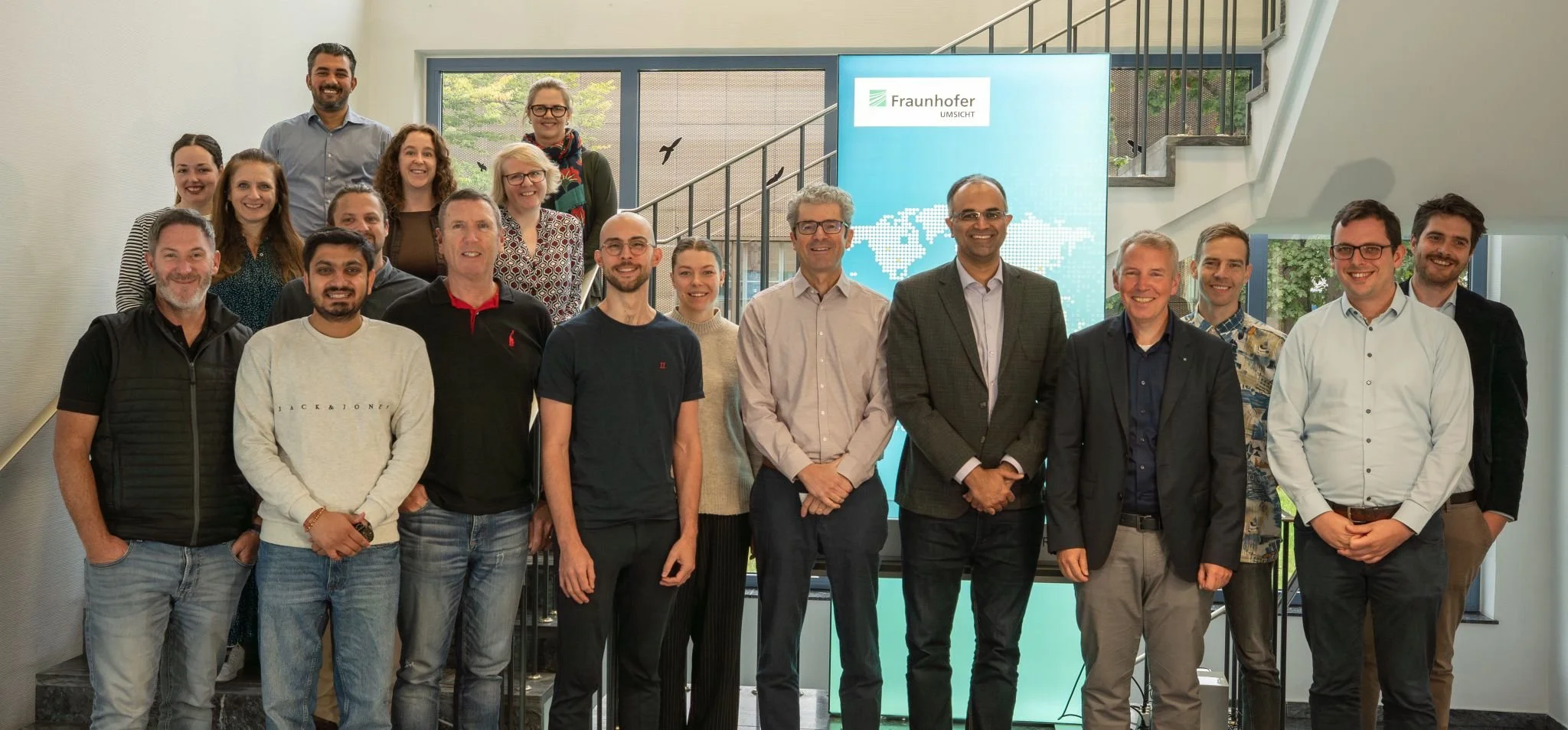Autoloop - transforming textiles one fibre at a time!
The Autoloop project team kicking things off at Fraunhofer
Stuff4Life is part of the EU Horizon funded Autoloop project, which was officially launched in September at the Fraunhofer Institute in beautiful Bavaria, Germany.
Autoloop is an ambitious European initiative seeking to transform how we handle textile waste across the continent. By 2050, AUTOLOOP Project aims to process 1.24 million tonnes of textile waste annually while creating over 130,000 green jobs across the EU.
The Challenge: the textile industry generates massive waste streams, but what if we could turn discarded clothing into valuable raw materials for new garments? That's exactly what our 14-partner consortium from seven countries is set to achieve, using real world inputs and next-gen technology.
AUTOLOOP brings together cutting-edge technologies:
AI-powered sorting - Zori Tex's hyperspectral system identifies 15+ fibre types, increasing throughput 10x while cutting costs by 50-75%;
Chemical-free cotton recycling - Aalto University's Ioncell® process achieves 95%+ recycling rates using innovative ionic liquid solvents;
Advanced Synthetic Recovery - ReSyn technology breaks down synthetic fibres into high-purity building blocks, even from contaminated textiles;
Repolymerisation and remanufacturing quality standards - Leeds University and Stuff4Life will demonstrate high quality remanufacture of new yarns and fabrics from old textiles, tracked fibre to fibre;
Smart Fibre Tracking - TLX's IntegriTEX® embeds invisible identifiers for complete supply chain transparency;
Digital Integration - TEXroad's Data Hub standardises information management and ensures regulatory compliance.
Why does it matter?
This isn't just about recycling – it's a paradigm shift from waste to resource. As European and individual country regulations evolve and sustainable textile demand grows, AUTOLOOP provides the research foundation for truly circular textile production.
The collaboration between research institutions and industrial partners demonstrates how innovation can drive both environmental impact and economic opportunity.
We’re super excited to be part of the project. Here's to transforming the future of textiles, one fibre at a time!
For more information, please contact us

